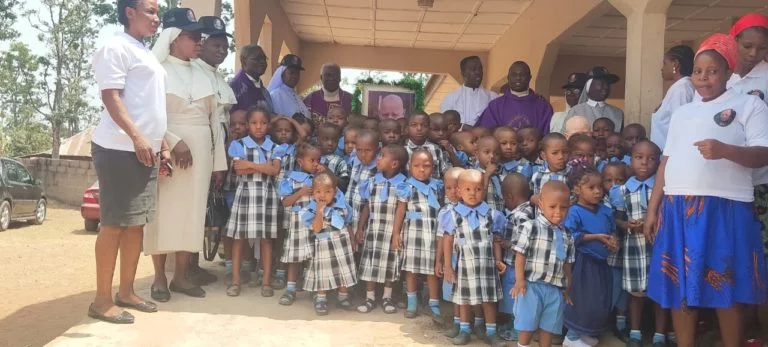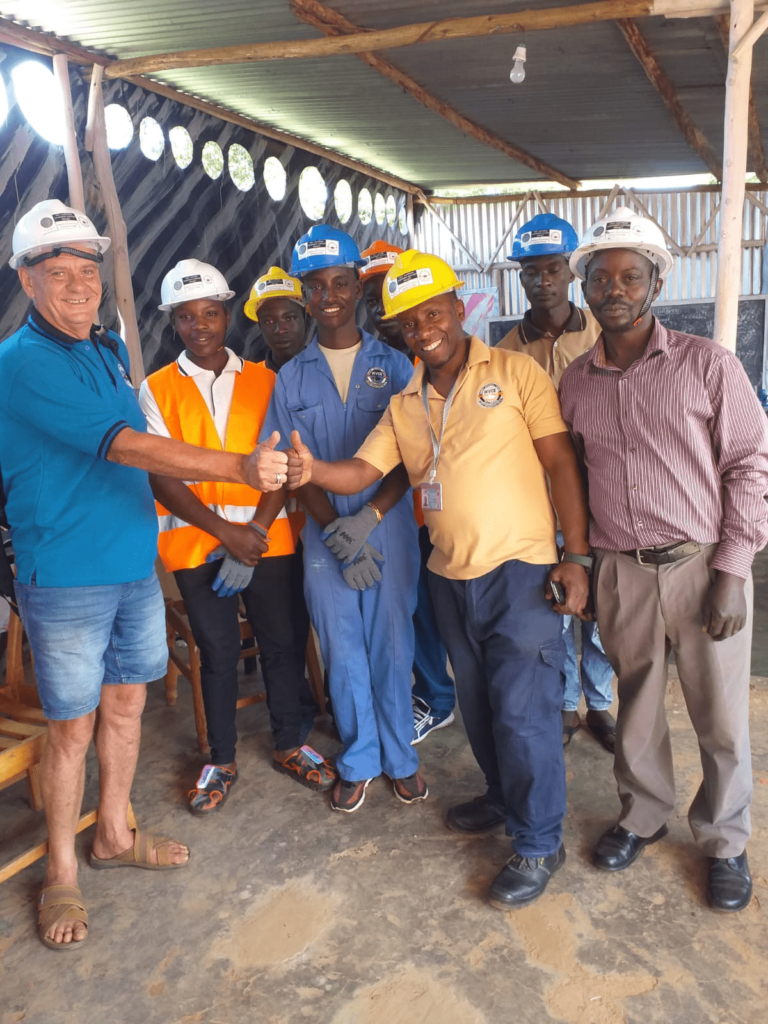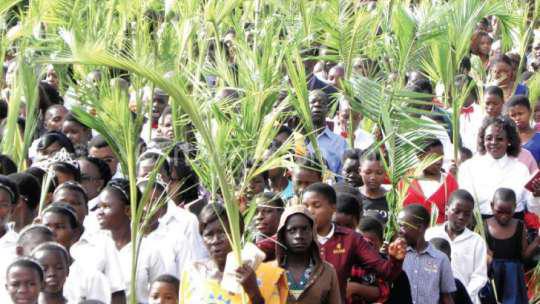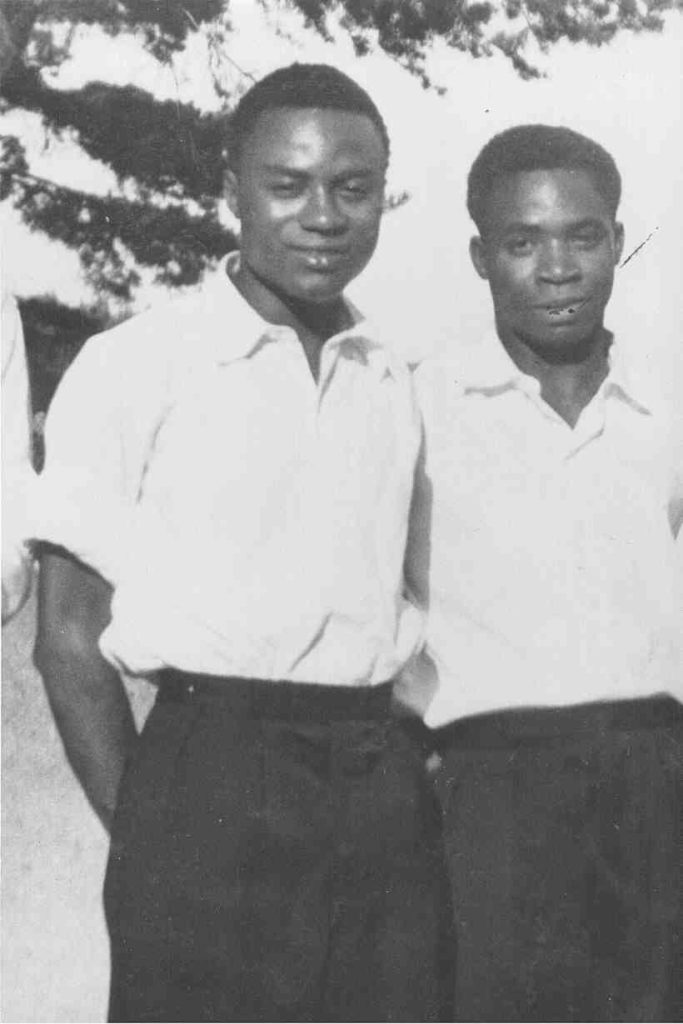Funerals in Nigeria – celebrated and taken as seriously as weddings?! The death of the beloved Chief Adolf Paster is an opportunity to reflect on how Africans deal with the loss of a loved one. For most Africans, death is just a transition. The deceased will continue to live with the family, albeit in a different, spiritual state, along with the ancestors who have gone before. In Nigeria, a funeral becomes a multi-day celebration attended by all relatives and acquaintances. The festival includes not only mourning for the loss of a loved one and bidding farewell to the deceased but also the joy shared with them over a new life with God. If the family can afford it, these festivities can last several days and include good food, dance, and entertainment.







